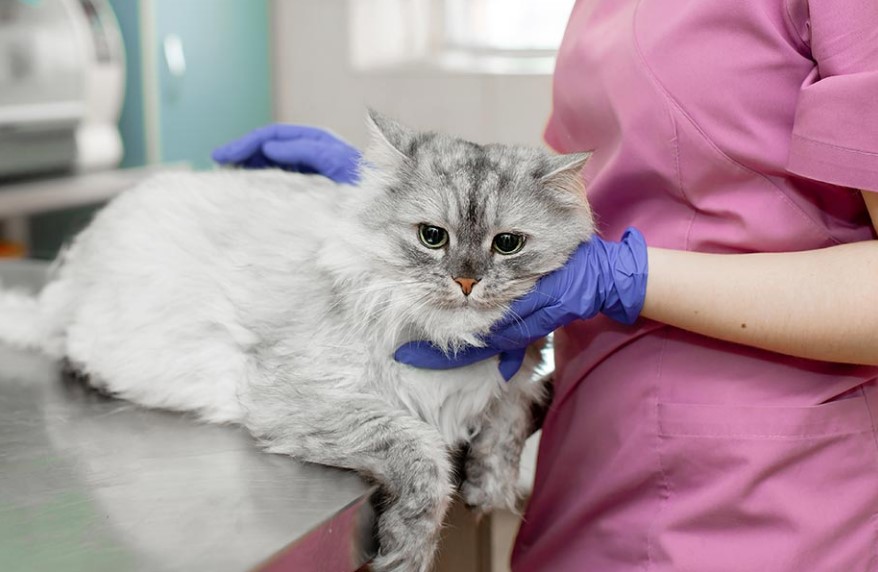It’s about finding a program that not only equips you with comprehensive technical skills but also prepares you for a fulfilling career helping animals. This decision can seem daunting, but armed with the right questions, you can navigate this journey confidently. Let’s dive into the 10 must-ask questions that will guide you in selecting the ideal program.
Table of Contents
Understanding the Curriculum
Choosing the right veterinary technology school is a crucial step for anyone aspiring to work in veterinary medicine.
What is the depth and breadth of the course offerings?
When it comes to veterinary tech programs, one size doesn’t fit all. It’s vital to explore the range and depth of courses offered. A well-rounded curriculum should cover everything from basic animal care to advanced diagnostic imaging techniques. For example, hearing about a graduate who discovered a passion for veterinary radiology during their studies can highlight the program’s ability to uncover and nurture students’ specific interests.
Accreditation Matters
Is the program accredited?
Accreditation by a recognized body ensures that the program meets specific standards of quality and that graduates are eligible to take the national certification exam. This stamp of approval is more than just a formality; it’s your ticket to a recognized career path. Think of it as a seal of quality on your future degree.
Hands-On Experience
What opportunities for hands-on experience does the program offer?
Theory is one thing, but veterinary technology is a hands-on field. Look for programs that offer extensive clinical experience, perhaps through partnerships with local veterinary clinics or hospitals. Stories of students assisting in real surgeries or participating in groundbreaking research can illustrate the depth of practical experience you’ll gain.
Career Support and Placement
How does the school support students in finding employment after graduation?
A program should be your launchpad into the veterinary field. Investigate the school’s career services, such as job placement assistance, resume building, and interview preparation. Personal accounts of alumni who landed their dream jobs shortly after graduation can speak volumes about the effectiveness of a program’s career support.
Faculty Expertise
Who are the instructors, and what real-world experience do they bring?
The quality of your education largely depends on the expertise and experience of the faculty. Look for programs where instructors are seasoned professionals who have worked in various aspects of veterinary medicine. Their insights and anecdotes from the field can enrich your learning experience significantly.
Flexibility and Program Delivery
Does the program offer flexible scheduling or online learning options?
Balancing education with other life responsibilities can be challenging. Programs that offer part-time study, evening classes, or online coursework can provide the flexibility you need. Hearing from a student who completed their degree while working full-time can demonstrate the program’s adaptability to diverse needs.
Student Support Services
What kind of support services are available to students?
Beyond academics, a supportive learning environment includes counseling, tutoring, and mentorship programs. Knowing you have a strong support network can make all the difference, especially during challenging times. Stories of students who overcame obstacles with the help of these services can be particularly inspiring.
Campus Culture and Community
What is the campus culture like?
The vibe of the campus and the sense of community among students and staff can greatly influence your overall experience. Schools that foster a collaborative, inclusive environment not only enhance learning but also contribute to your personal growth. Listening to current students share their positive experiences can give you a glimpse into the community you’ll be joining.
Financial Consideration
What are the tuition costs, and what financial aid options are available?
Education is an investment in your future, but it shouldn’t break the bank. Understanding the tuition and fees, as well as available scholarships, grants, and loan options, is essential. Success stories of students who secured financial aid can offer hope and practical insights into navigating financial considerations.
Alumni Network and Outcomes
What do the program’s alumni say about their education and career paths?
The experiences of past graduates can provide invaluable insights into the program’s effectiveness. Alumni who attribute their career success to their education, highlighting the skills and knowledge that gave them an edge in the job market, can be especially persuasive.
Choosing the right veterinary technology program is a significant decision that requires careful consideration and research. By asking these 10 essential questions, you can identify a program that not only meets your educational needs but also supports your career aspirations in the veterinary field. Remember, the best choice is one that aligns with your personal goals, learning style, and life circumstances, setting you on the path to a rewarding career in veterinary technology.

